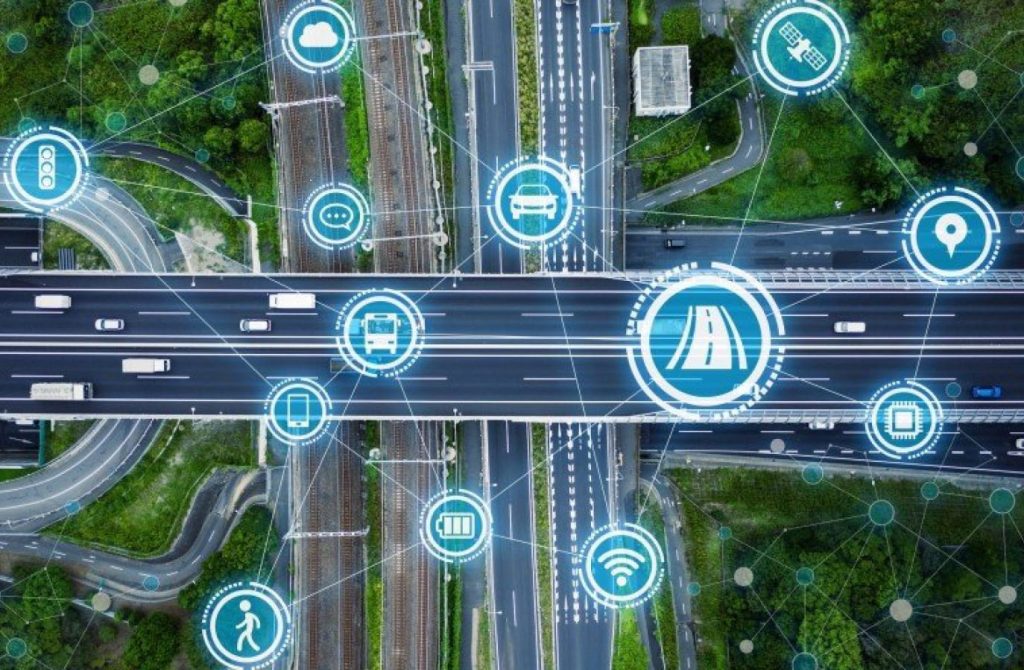Technology turned out to be a great ally of the educational process during the pandemic generated by COVID-19, and its role today must continue to be decisive.
The educational model was put to the test when the new coronavirus spread around the world. An infectious disease caused by the SARS-CoV-2 or Covid-19 virus tested the resilience of humanity, which had to be confined to prevent further spread.
This reality led to technology taking a more relevant role in educational processes at all levels, providing learning alternatives for students of all disciplines, from the safety of their homes. However, this global context also made visible the great challenges that teachers and educational institutions faced, in the objective of bringing knowledge to their students efficiently, with equality and quality.
In the particular case of Latin American countries, these challenges were mainly associated with the disparity in access to information and communications technologies in rural territories, and even within vulnerable urban areas, causing effects on access. to education, gaps in academic results and school dropouts.
“According to UNESCO (2020), before the pandemic began, the percentage of households in Latin American and Caribbean countries with an Internet connection was less than 50%,” as stated in the report Effects of the Pandemic on the Educational System: Colombia Case, issued by the Bank of the Republic. This document also adds that “virtual training imposed challenges on the educational system, especially on teachers, since many of them were not prepared to teach through non-face-to-face methods.”
After COVID-19, what’s next?
Once the health emergency was over, schools and universities reopened their doors to teachers and students better prepared to face virtual education and its advantages. However, the return to presence requires a greater effort from governments and educational authorities to prevent information and communications technologies from being left out of the classrooms.
Platforms with educational software that make learning and computational thinking easier and more fun, through dynamics and games, as well as smart classrooms integrated with mobile devices that allow interaction between teachers and students, and simulators for development of skills in technical and higher education, are just some of the possibilities that ICTs offer to today’s pedagogical process.
A success story of this type of technological initiatives was implemented in the department of Atlántico, in the north of Colombia, where the platform known as Educajunto facilitates real-time digital interaction between educational institutions and their sectors.
This mobile application allows parents and teachers to track school progress, maintain direct communication between levels, plan the school period, and maintain control and monitoring of the activities proposed to students.
These, for their part, have a tool that integrates them into the academic process virtually, with spaces developed for the deepening and development of activities.
Currently, there are many systems and platforms that offer alternatives to guarantee greater access to education, even in distant areas or with connectivity problems, they facilitate pedagogical processes and promote innovative learning scenarios.
In conclusion, the Covid-19 pandemic altered many of the behaviors that we had built as a society, including the way we learn and communicate. With a promising but challenging future ahead, society must take advantage of these changes to consolidate a fairer society better prepared for the challenges of the modern world, fully exploiting the possibilities that technology offers in educational settings.



